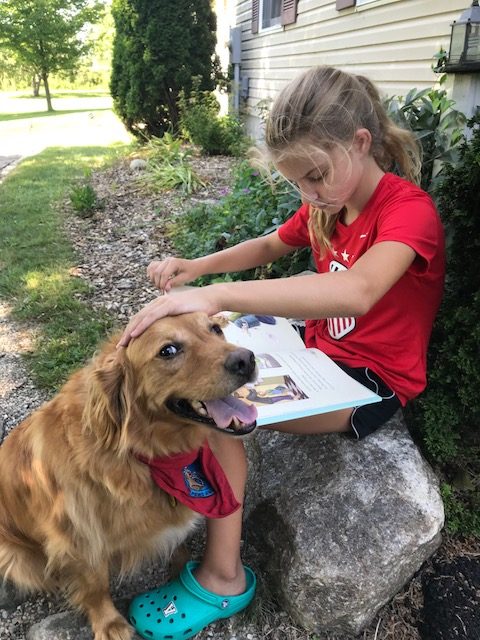Fall is officially upon us! Crunching leaves, cooler air, pumpkin spiced everything. There’s no denying it, Fall is here! For those who appreciate a cup of hot cocoa, the changing of the leaves and busting out the sweaters and long pants, your time has arrived. Living in Northeast Ohio poses some issues when it comes to predicting Fall weather. We experience Spring, Summer and Heat Wave all in span of 3 days. Adjusting our wardrobes to match this temperature roller coaster can also create issues for those who don’t understand what is going on with Mother Nature or those who are very sensitive to what they wear.
The “battle of the outfit” does not have to be a daily event. Using simple materials around your home, you can focus less on getting your loved one in clothes to match the weather. These techniques not only bridge the gap of the daily runway, but promote vocabulary growth, inferencing, and reasoning.
Materials you will need to gather:
Items:
Pictures of (at least 2 copies of each):
- Long sleeved shirt & short sleeved shirt
- Long pants & shorts
- Sweatshirt or sweater
- Socks and shoes
- Sandals or flip flops
- Lightweight Jacket
- Heavier jacket/winter jacket
Resources:
- Fliers from department stores and catalogues are great resources
- Free icons @ www.flaticon.com
- Free icons @ www.do2learn
- Images from the internet
Items:
Pictures of weather/temperature:
- Sun (3)
- Cloudy (3)
- Rain (3)
- Warm (3)
- Cold (3)
Resources:
- Free icons at www.do2learn
- Images from the internet
Items:
Blank week calendar (large enough to hold 2-3 pictures)
Resources:
- Free download
- Create your own
Items:
Glue, scissors, velcro or funtack, blank paper/cardstock
Resource:
Around the house (or in the ‘junk drawer’)
The overall goal is for the adult to indicate the weather and temperature on a specific day (using the weather temperature pictures) as well as the type of clothing needed for that day (using the clothing pictures). Eventually, the individual may want to fill in the calendar with the corresponding pictures, but initially, this is intended to be a visual cue to decrease misunderstandings, etc. Too often the beautiful sun is shining but it’s nowhere near a day for flip-flops and shorts.
Please feel free to discuss creating this type of visual cue for your loved one with your Speech-Language Pathologist. If you would like more information, please feel free to call us at Lakeshore Speech Therapy, LLC.
Yours in Speech,
Lakeshore Speech Therapy












